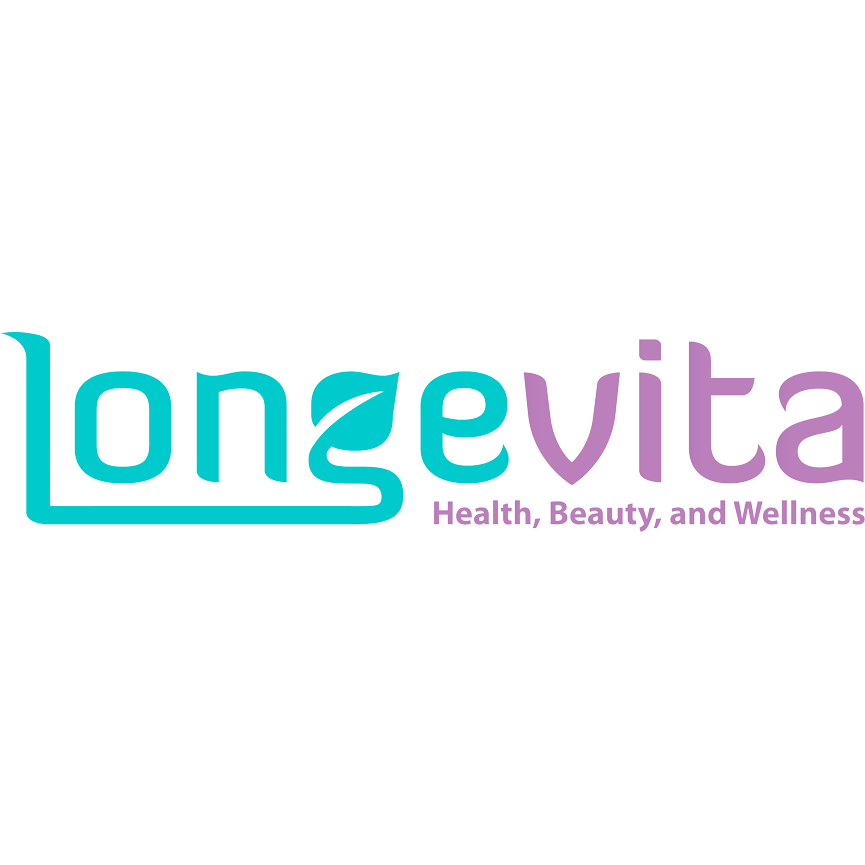Introduction to Regulations in the Cosmetic Surgery Sector
By kagan seymenoglu, CEO of Longevita
The cosmetic surgery industry has seen remarkable expansion in the last few years, not least because of technological advances and changing attitudes – there is no longer a stigma around such treatments.

However, this surge in demand hasn’t been matched by an increase in proper regulatory frameworks in the UK. As with all medical procedures, strict regulation should be at the very core of the cosmetic surgery industry. Without it, the industry is at risk of being swamped by unqualified practitioners and inconsistent care standards, which ultimately will impact people who have the procedures.
Robust regulation is essential to ensure patient protection and maintain the provision of high-quality services. Regulatory measures can help standardise practices, verify the qualifications of surgeons, and establish clear guidelines for patient care and safety protocols.
Dangers of Procedures without Regulation
Without proper regulation and oversight, unqualified practitioners could cause all kinds of damage – from the spread of infection, nerve damage, scarring and even fatal complications. That’s to say nothing of the psychological repercussions botched cosmetic surgery can cause. Mental health screening is a key part of a patient’s cosmetic treatment – without it, they may not receive essential support or counselling, heightening the risk of conditions such as body dysmorphia or post-procedure regret. Aftercare is just as crucial – patients need proper aftercare and follow-up – all of which should be properly regulated.
Acquiring a patient’s comprehensive medical history is crucial when considering cosmetic surgery. Patients should complete detailed forms to identify any underlying health issues, making sure that all aspects of the patient’s physical and mental health are considered before surgery. Regulation should demand this is done for every procedure.
Comparing International Standards
In 2024, over 15 million cosmetic surgery procedures were performed worldwide. In 2019, the global market for cosmetic surgery was valued at $21billion, and its predicted to reach $27billion by the end of this year.
Different countries have taken varied approaches to regulating cosmetic surgery, each with its own set of strengths and weaknesses. South Korea, known for its high volume of cosmetic procedures, has strict regulations, including rigorous certification processes for surgeons and regular clinic inspections to maintain high standards. The United States requires board certification for cosmetic surgeons and mandates that procedures be carried out in accredited facilities. In Australia, regulations emphasise the importance of informed consent, stating that practitioners must provide comprehensive information about the risks and benefits of procedures to potential patients.
By studying these international models, the UK can identify best practices that could be adapted to its own regulatory framework. Such adaptations could lead to improved patient safety, higher satisfaction rates, and a more trustworthy cosmetic surgery industry overall.
In England, all independent hospitals and clinics that offer cosmetic surgery need to be registered with the Quality Care Commission. The CQC publishes quality ratings online, and the hospitals must make sure that all staff members are properly trained. Also, only registered doctors are allowed to perform cosmetic procedures. The General Medical Council has a list of all registered doctors. This all helps to maintain a certain standard, but does it go far enough?
Suggested Regulatory Actions
At Longevita we require patients to complete a detailed medical history form before leaving their home country. If we identify any condition listed among the NHS’s mental health conditions, we ask the patient to inform their GP about their intention to travel for medical treatment. We also require them to provide a GP letter confirming the GP’s approval for such travel. We’d like to see these standards become mandatory across the industry.
There are several regulations and systems that should be established in the cosmetic surgery industry, but here is what we believe is needed to ensure safety in the industry:
First of all, there should be a level of mandatory complications qualifications for all cosmetic surgeons, ensuring they possess the necessary training and expertise. Alongside this, there should be a comprehensive system for verifying surgeons’ credentials
Secondly, there should be standardised industry-wide protocols for patient screening and aftercare.
Thirdly, regular inspections and audits of cosmetic surgery clinics should be implemented to ensure adherence to established standards and guidelines.
Lastly, a centralised registry for tracking patient outcomes and practitioner performance should be established. This will provide valuable data, allowing the regulatory bodies to continually refine and improve their oversight and regulation of the industry.
Summary and Urgent Appeal for Action
Implementing mandatory qualifications, standardised patient screening, and comprehensive aftercare protocols are crucial steps in ensuring the safety and efficacy of cosmetic surgery procedures. It is essential to involve General Practitioners in the preoperative process, allowing for a more thorough assessment of a patient’s suitability for surgery. This collaborative approach can help mitigate potential risks and enhance patient outcomes.
Learning from international models can provide valuable insights for establishing a robust regulatory framework in the UK.
Policymakers should prioritise patient protection by establishing laws that demand these standards, while healthcare providers must fully commit to adhering to these regulations.
By adopting and adapting these best practices, we can elevate the standards of the cosmetic surgery industry, ultimately ensuring higher patient satisfaction and safety.
General Practitioners’ Role in Cosmetic Procedures

GPs’ intimate knowledge of a patient’s medical history and overall health makes them invaluable in assessing whether an individual is fit to undergo a cosmetic procedure. Before any surgery, patients should disclose their intentions to their GP, who can then evaluate any potential risks and provide advice accordingly.
In certain cases, obtaining a GP approval letter is vital, as it certifies that the patient’s health has been thoroughly assessed and that they are deemed suitable for surgery. This can prevent complications due to underlying health conditions or mental health issues.
All independent hospitals and clinics that provide cosmetic surgery in England must be registered with the Care Quality Commission (CQC). Check if the hospital or clinic is registered with the CQC, or ask them to show you its certificate.
The CQC publishes quality ratings online, and hospitals and clinics must make sure all staff are properly trained to safely do their job.
Only registered doctors can perform cosmetic surgery in England.
You should check if someone is a registered doctor or surgeon on the General Medical Council online register.
Some surgeons have a cosmetic surgery certificate from the Royal College of Surgeons (RCS). This means they’ve been assessed and they meet an agreed national standard.
The RCS has a list of certified cosmetic surgeons.
Some surgeons are also members of professional associations, which make sure they have the relevant qualifications, experience and insurance to perform particular types of surgery.
Please visit www.longevita.co.uk/






Recent Comments